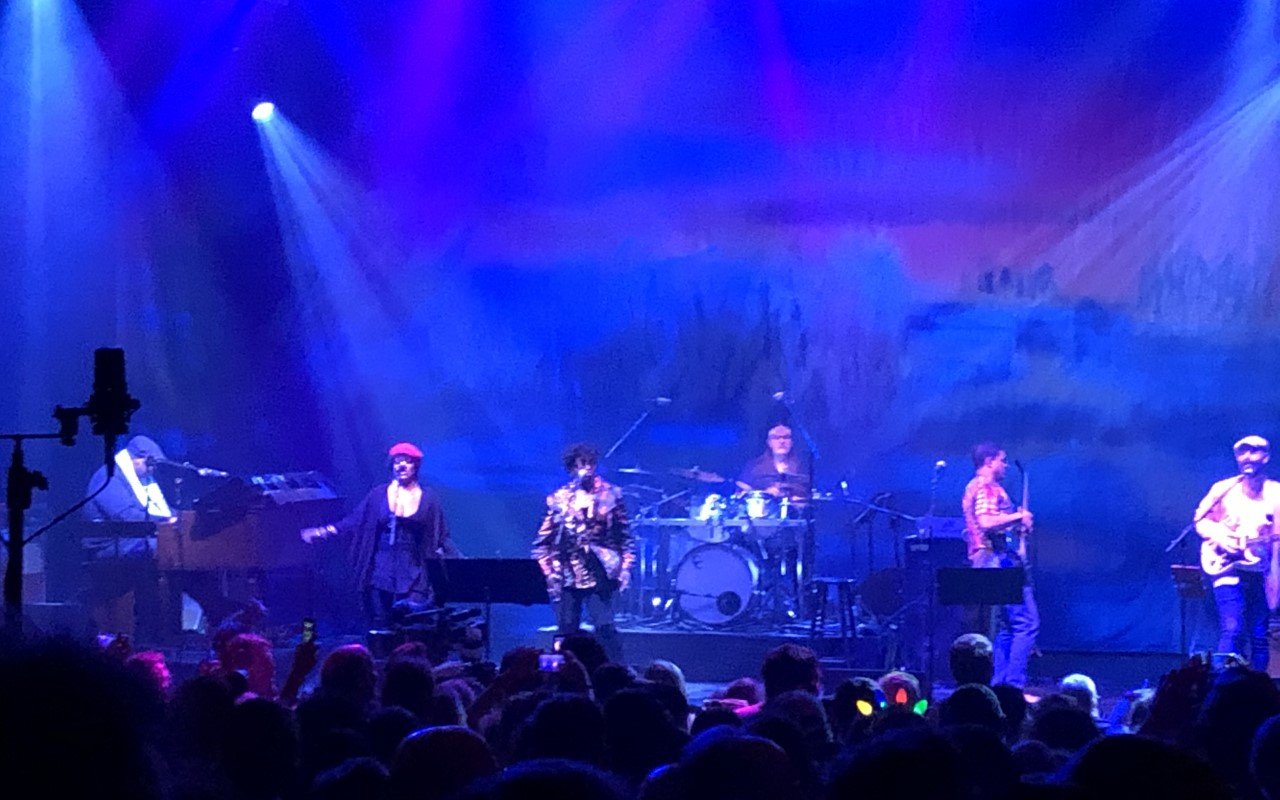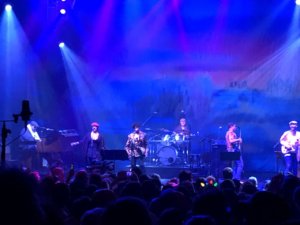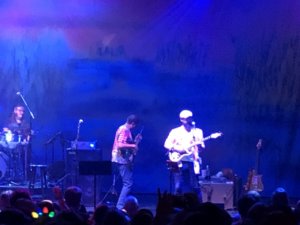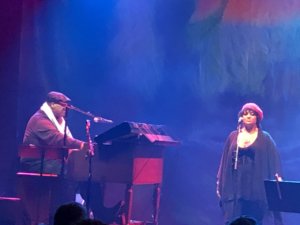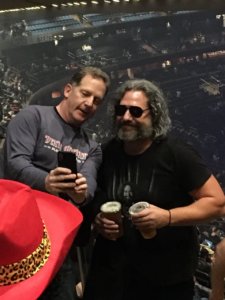Earlier this week, the Jewish manager of the San Francisco Giants made news by becoming the first manager in Major League Baseball to join team members in “taking a knee.” The story was widely reported in secular and Jewish media.
In a statement to ESPN, Kapler said, “I wanted [the team] to know that I wasn't pleased with the way our country has handled police brutality, and I told them I wanted to amplify their voices and I wanted to amplify the voice of the Black community and marginalized communities as well. So I told them that I wanted to use my platform to demonstrate my dissatisfaction with the way we've handled racism in our country. I wanted to demonstrate my dissatisfaction with our clear systemic racism in our country, and I wanted them to know that they got to make their own decisions, and we would respect and support those decisions. I wanted them to feel safe in speaking up.”
Major League players and coaches are taking stands for causes they care about in various ways. A few weeks ago, MLB players joined athletes from 12 sports leagues in replacing their “famous names” with names of doctors, nurses, EMTs and other health professionals on the backs of their jerseys. Two high profile players, Yankees' Aaron Judge and the Brewers' Christian Yelich, participated, with Judge's jersey featuring the name of RN Stephanie Pantelidis, who, according to the Yankees' Twitter, “is a dedicated first-year ER nurse in NYC. After six straight night shifts, she inquired about working at drive-thru testing sites on her day off.”
Yelich replaced his name on his jersey with Dr. Dave Margolis. “I know it's been a difficult few months for you guys, a lot of long hours away from your family, but you're making a difference — you're saving lives. You're the real hero for all you do for the kids and their families in this difficult time. Keep up the great work, you're doing an awesome job, and we're all behind you.”
Athletes are high profile people and important role models. When they do the right thing, like standing up for causes they believe in, acknowledging the hard work of front line workers, wearing masks in public, and more, people take notice.
And baseball can use some good PR these days. Just a few months ago, it was unclear if there would even be a baseball season this year. Many thought players and owners were behaving selfishly, with players demanding millions to play this season, and owners looking to make as much money as possible.
What if teams took a page form the Jewish play book? At each weekday service, the gabbai or a young child walks the aisles of the shul with a tzedakah (charity) box, and people put in coins and dollar bills. What if MLB followed this example? Players would line up for the National Anthem and the manager would come out with a tzedakah box in his hand—and walk up to each player, subtlety encouraging each to put some coins, or bills in the pushke. I know there are health and safety issues with handling money, and it is unlikely that, in the days of Venmo and Zelle, any player handles actual money.
But, do the math: there are 30 MLB teams, each with 26 men. And they will play 60 games. If each player gave $1 per game, they could collect $46,800. Ideally, they would collect more. After all, we are dealing with some pretty wealthy players. The minimum salary for 2019 was $555,000, and it was scheduled to be $563,500 for 2020.
Then, teams could play the famous “allocations game.” They could decide as a team where the money should go. Perhaps to support important causes in their local communities—for example, organizations addressing hunger, racism and anti-Semitism. What a bonding experience this would be for the players. And such good role modeling for their admiring fans!





